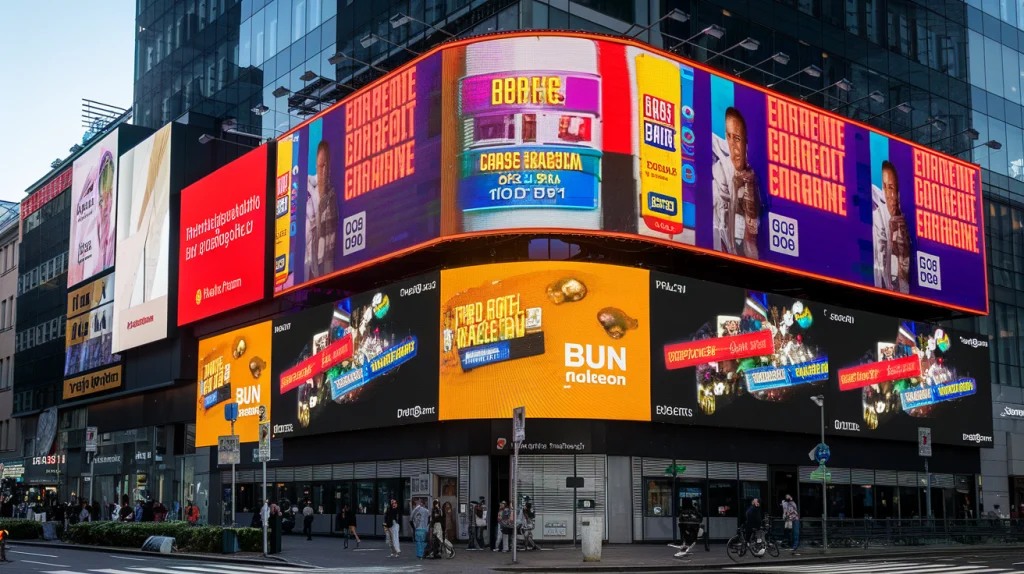Did you know that choosing the right commercial LED display supplier can greatly impact your business? Good suppliers provide more than just a screen; they provide support, service, and peace of mind.
LED displays are now used in many places like shops, hotels, churches, and events. These screens help you show your message clearly and catch people’s attention. But to get the best results, you need a supplier you can trust.
If you choose the wrong supplier, it can cause big problems. You may get poor-quality displays, late delivery, or bad service. This can waste your money and hurt your brand. A smart choice helps your business grow and gives you more value over time.
The right supplier will understand your needs. They will help you choose the right screen size, design, and price. They will also be there after the sale to offer support and fix any problems.
In this article, we will show you how to choose the best commercial-led display supplier. You’ll learn what to look for, what questions to ask, and how to avoid mistakes. Let’s help you make a choice that brings long-term success to your business.
Define Your Display Needs First Or, What Type of LED Display Does Your Business Need?
Before you choose a commercial-led display supplier, it’s important to understand what kind of screen your business genuinely needs. This will help you save time, avoid mistakes, and get the best value for your money.
1. Indoor or Outdoor Usage?
First, think about where you will use the screen. Indoor screens don’t need to be as bright and don’t face weather. But outdoor screens need to be strong. They should handle rain, heat, and sunlight. If you pick the wrong type, your display might not last long. So, always tell your supplier where you plan to use the screen. That way, they can suggest the right product for your space.
2. Pixel Pitch and Screen Size
Pixel pitch means how close the tiny lights (pixels) are to each other. A smaller number means better picture quality. If people will watch the screen from far away, you can use a higher pixel pitch. But for close viewing, choose a smaller pitch. Screen size also matters. A small space needs a smaller screen. For large halls or outdoor areas, go big. Your supplier should help you match the pixel pitch and size with your viewing distance.
3. Fixed Installation or Rental?
Do you want the screen to stay in one place all the time, or do you need to move it for events? Fixed displays are good for stores, churches, and hotels. Rental displays are better for events, concerts, or short-term use. Some screens are made to be easy to take apart and move. Think about how often you’ll use it, and if it needs to travel. This will help your supplier give you the best option.
4. Set a Budget Range
Knowing your budget helps you and your supplier stay on the same page. Be clear about how much you want to spend. Don’t just think about the price of the screen, include setup, support, and long-term care. Some screens cost more but last longer. Others are cheaper but may need more repairs. A good supplier will help you get the best value, not just the lowest price. Be honest about your limits so they can suggest the best fit.

